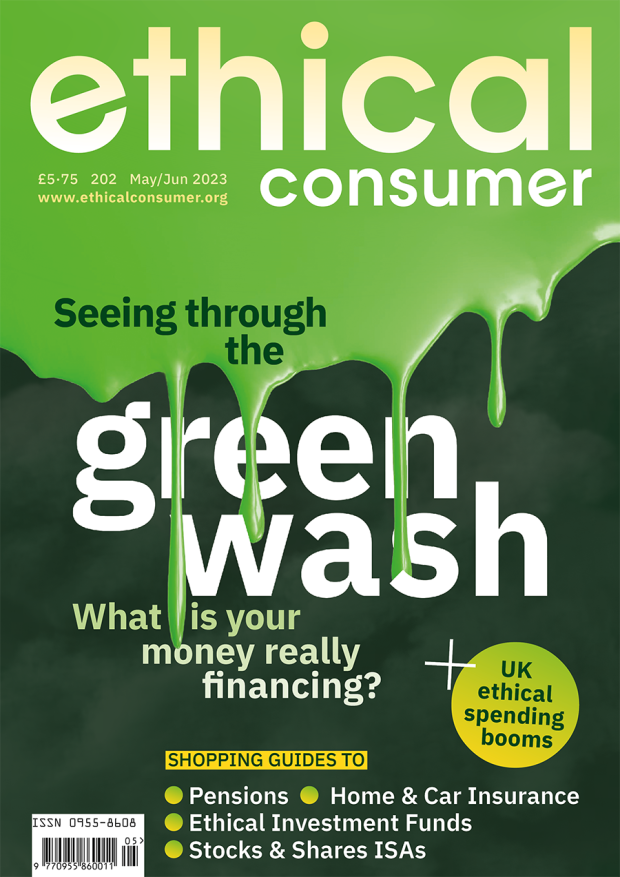What is an ethical Stocks & Shares ISA?
An ISA, or Individual Savings Account, is an account which allows you to save or invest without ever paying any tax on the interest or dividends that you may receive. The amount of money you can save each tax year is capped, currently at £20,000, but this allowance renews annually.
There are different types of ISA, the simplest being the Cash ISA which is like an ordinary savings account, paying you interest on the cash you deposit.
A Stocks & Shares ISA is a bit more complicated. The money you pay in is invested in stocks and shares, bonds, gilts, and property. Stocks & Shares ISAs may have the potential for higher returns than Cash ISAs, and with UK inflation currently at around 10% and interest rates on Cash ISAs still relatively low, that may be an attractive prospect at the moment, even for people who have never invested before. But as Stocks & Shares ISAs are based on the stock market there’s always a risk that the amount you invest could go down as well as up.
Most of the ISAs we looked at had minimum terms of five years. Some had the right to cancel with no questions asked within a certain period, e.g. 30 days with Circa5000. Others allowed you to cancel with the understanding that they would then sell your investments, and would not be responsible for any losses.
For those that allowed cancellation anytime, they did recommend having the account for a minimum of three years. So, if a longer-term investment pot isn’t for you right now, it might not be the best time to open a Stocks & Shares ISA account.




